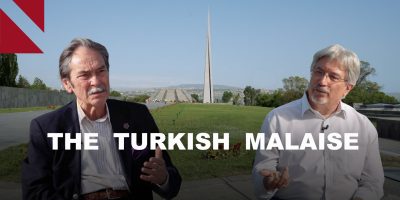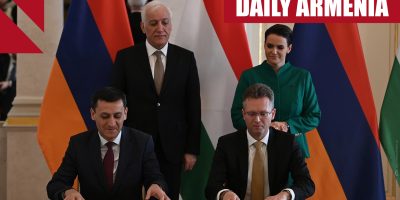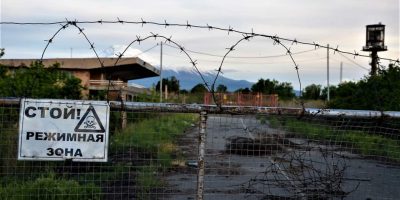A little over a month after demonstrations, protests and acts of civil disobedience began to shut down Yerevan, and then the rest of Armenia, the new government has been named and the work of governing is set to begin. As evidenced by the topics raised by the ‘Velvet Revolution’ and continuing to be raised during the recent ‘RejectTaron’ demonstrations, many questions remain to be answered in Armenia.
On Sunday, May 20 the University of Southern California Institute of Armenian Studies is hosting a program entitled Armenia Tomorrow: Citizen Diplomacy at Work where they will look to examine the causes of social movements as well as what comes next. The speakers at the program now include Prime Minister Nikol Pashinyan and President Armen Sarkissian, who will be joining via Skype. They will be joined by academics, including political economist Daron Açemoglu, who will be assisting Prime Minister Pashinyan and Armenia in the months ahead, as well as David Usupashvili, who was the Chairman of Georgia’s Parliament from 2012-2016.
Challenges to nation building, policy formation and implementation, the role of social media in the movement and moving forward, critical needs in judicial reform, along with the economic challenges facing Armenia and the region will all be topics discussed by different experts.
Professor Daniel Mazmanian, former dean of the USC Price School of Policy and Professor Robert English, former dean of the USC School of International Relations will be moderating the discussion.
The event will take place on campus at USC, Sunday May 20 1:00 PM PT. CivilNet will provide a livestream of the event through youtube.com/CivilNetTV. A direct link will be provided prior to the start of the event. With the time difference, the event will begin at Midnight, 24:00, local time in Yerevan (GMT+4). The full video of the event will be made available for viewing on YouTube immediately after the conclusion of the event.
















